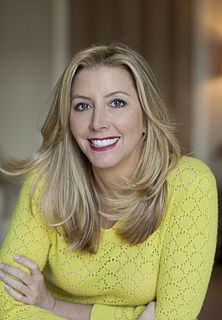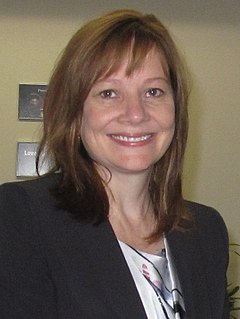A Quote by Michael O'Leary
Code-sharing, alliances, and connections are all about "how do we screw the poor customer for more money?"
Related Quotes
The most common way customer financing is done is you sell the customer on the product before you've built it or before you've finished it. The customer puts up the money to build the product or finish the product and becomes your first customer. Usually the customer simply wants the product and nothing more.
There is this fashionable progressive notion that everything is so completely political that the idea we could have some sort of neutral legal process is practically utopian - because we all know that the more money you have, the more rights you can exercise in this society. But I don't think that you deal with income inequality by limiting the First Amendment rights of affluent people. I'd rather see people screw around with the tax code to redistribute wealth a little bit than screw around with the First Amendment.
If the "rich" were swarming into poor neighborhoods and beating the poor until they coughed up the dimes they swallowed for safekeeping, yes, this would be a transfer of income from the poor to the rich. But allowing taxpayers to keep more of their money does not qualify as taking it from the poor - unless you believe that the poor have a moral claim to the money other people earn.
There's a definite sense this morning on the part of the Kerry voters that perhaps this is code, 'moral values,' is code for something else. It's code for taking a different position about gays in America, an exclusionary position, a code about abortion, code about imposing Christianity over other faiths.
You can use the tax code to make people smoke less. You can use the tax code to make 'em smoke more. You can use the tax code to make 'em buy beer or buy less beer, more booze or less booze. You can screw the tax code around to make 'em make more charitable contributions. You think they're going to get rid of this power? Ain't no way, fool.
We have to concentrate back on: Where is the money going? Where's it been going for the last thirty years? How do we start to redistribute the cake more evenly, and give people opportunities? That's as much about poor white people in West Virginia as it is about poor black people on the Southside of Chicago.
"The life of the union depends upon more people getting to share the limelight, because with the limelight also comes responsibility and with the responsibility comes a little sharing of the load." "There isn't enough money to organize poor people. There never is enough money to organize anyone. If you put it on the basis of money, you're not going to succeed."


































